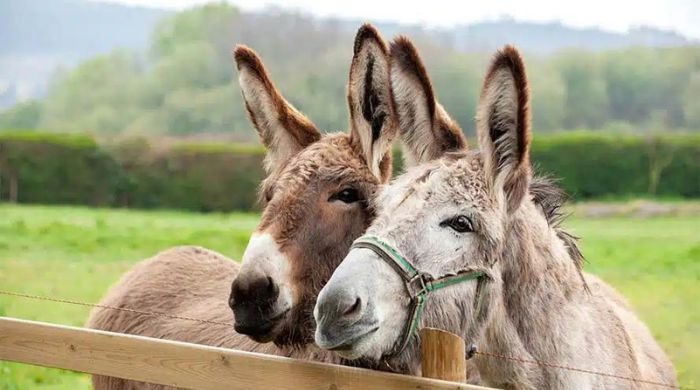Nearly six million donkeys slaughtered annually for Chinese medicine.
Around six million donkeys were slaughtered worldwide last year for use in traditional Chinese medicine, with devastating consequences for African communities that rely on the animals, a UK-based charity reported on Thursday.
The surge in demand is attributed to the production of ejiao, a substance promoted as a health supplement in China.
It is made using collagen extracted from donkey hides. According to Qianzhan, a research firm based in China, the ejiao industry is currently valued at $6.8 billion.
China’s domestic donkey population has fallen drastically from approximately 11 million in 1992 to just 1.5 million in 2023. In order to meet demand, China has increasingly turned to Africa for supply.
In response to declining donkey populations, the African Union imposed a 15-year moratorium on donkey slaughter in 2023.
The Donkey Sanctuary, a UK charity, stated that “the ejiao industry drives a massive global trade in donkey skins, much of it illegal”.
The organisation estimated that around 5.9 million donkeys were killed globally last year alone.
By 2027, it is anticipated that the ejiao trade will require at least 6.8 million donkey hides annually.
Rising market value has made donkeys a growing target for criminal activity. The charity warned that traders often exploit vulnerable people, using sophisticated networks of intermediaries to pressure owners into selling their animals.
“Illegal networks operate across the continent, frequently without consequence, stealing and slaughtering donkeys during the night,” the report added.
Donkeys are often killed in unregulated, inhumane and unhygienic conditions, with many dying before reaching the slaughterhouses.
The impact on rural life is profound, particularly for women and children, who depend on donkeys for agricultural labour and transporting goods to market.
The Donkey Sanctuary further warned of public health risks associated with the trade. The transportation of untreated hides and improper disposal of carcasses increase the likelihood of infectious disease outbreaks and threaten local ecosystems.
